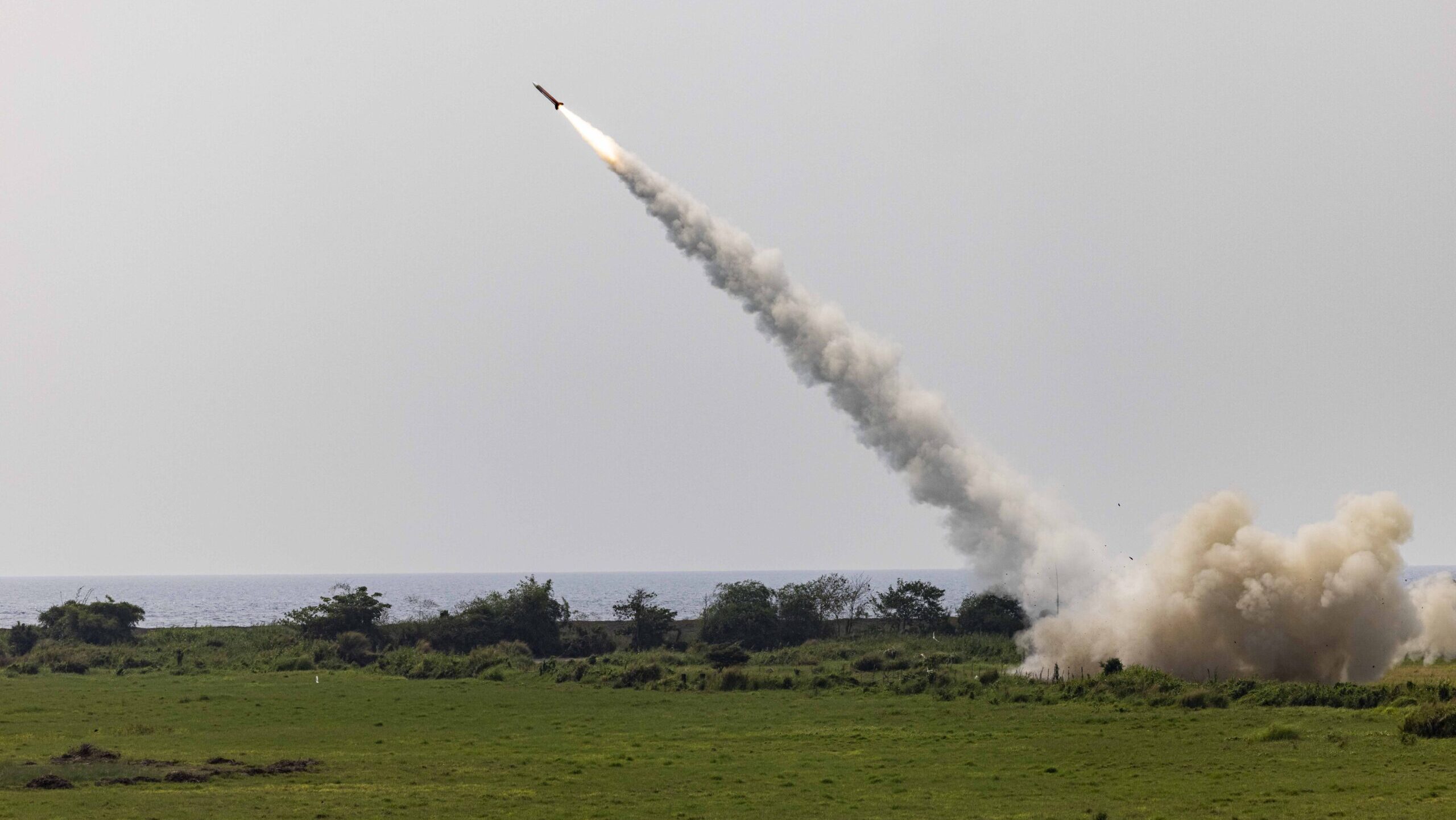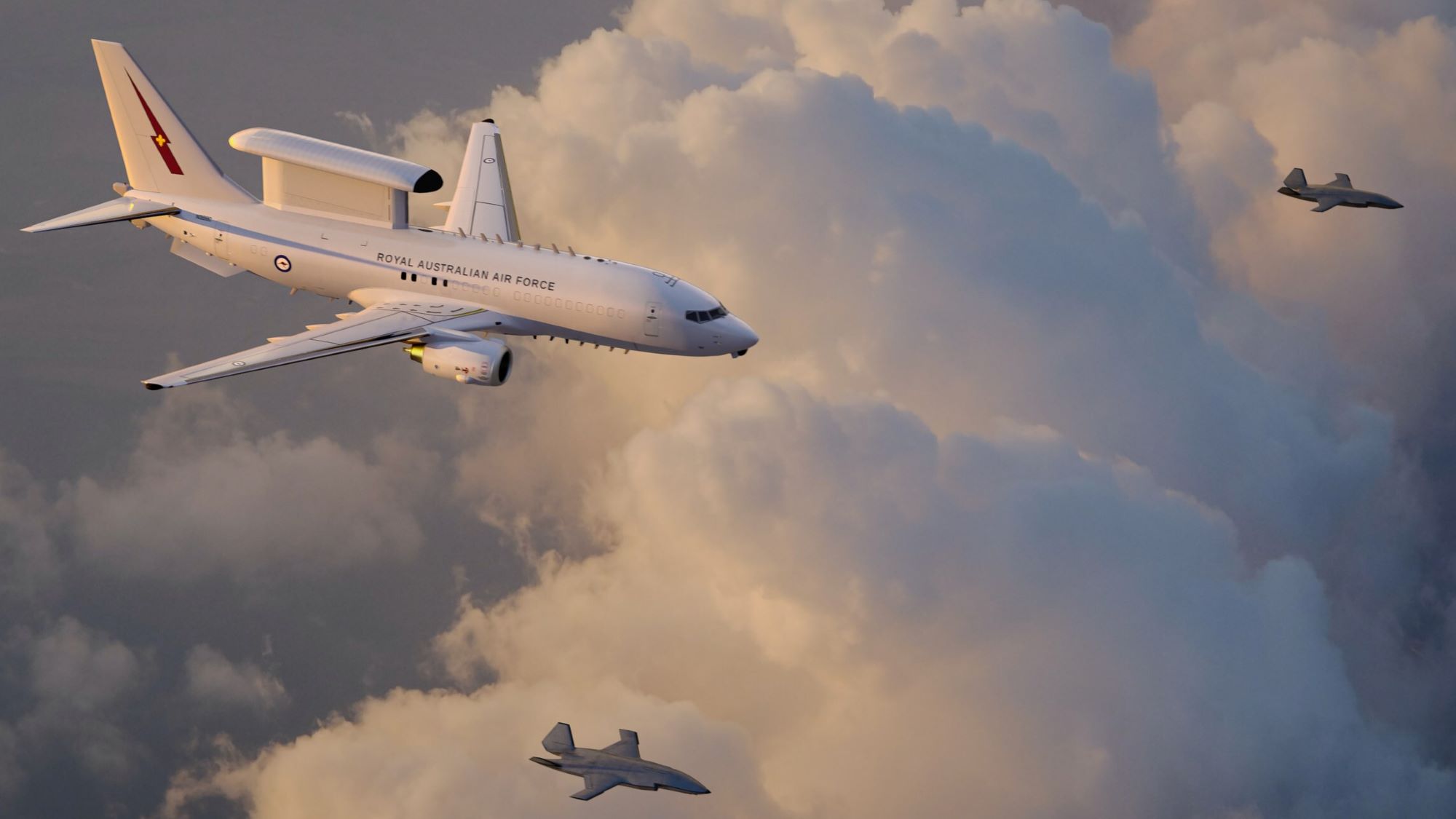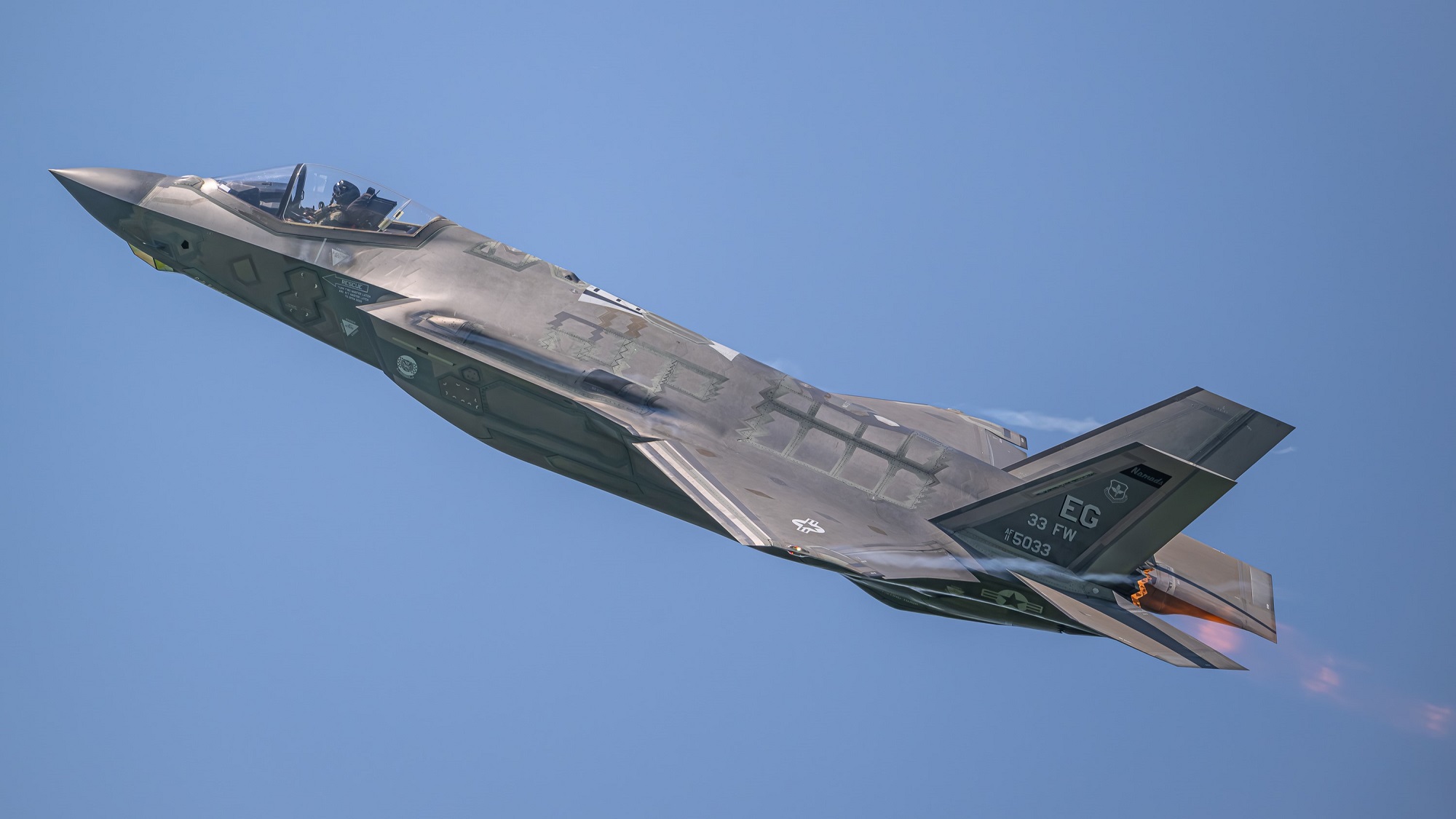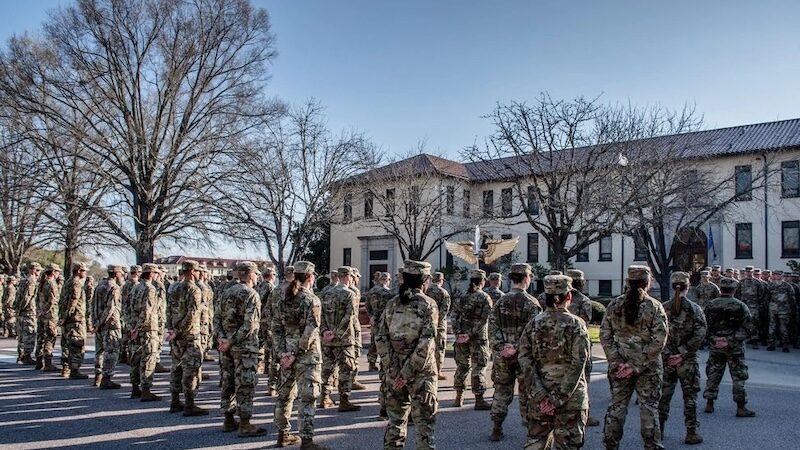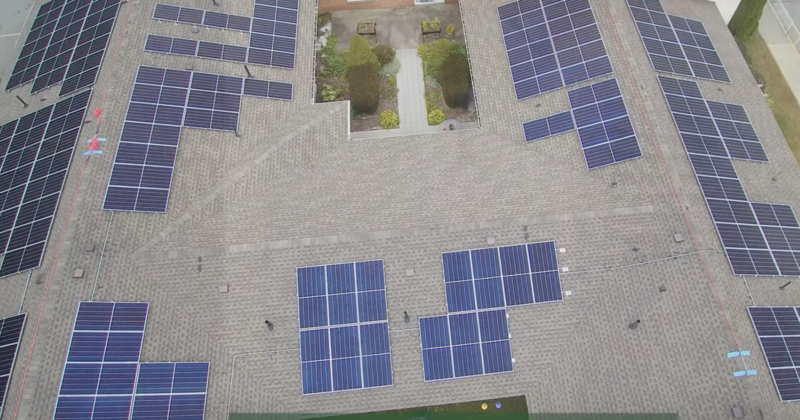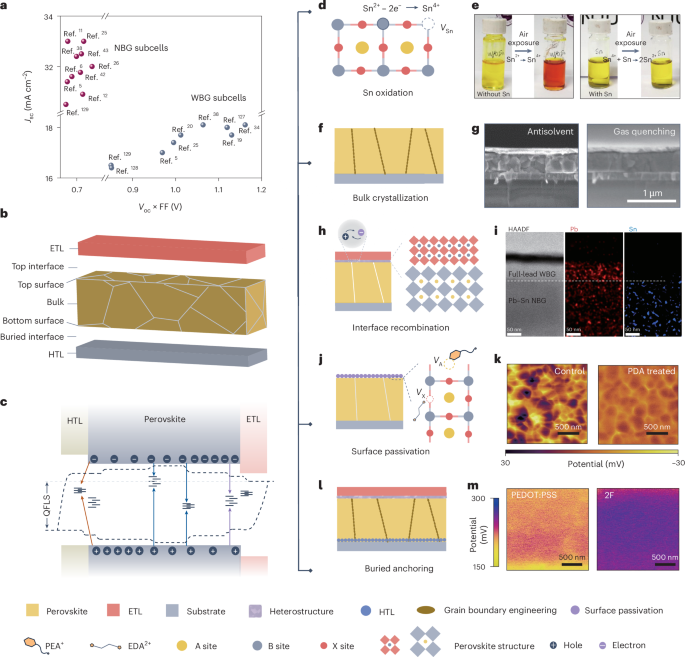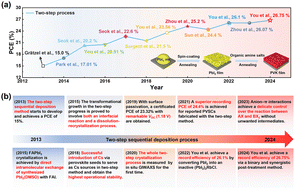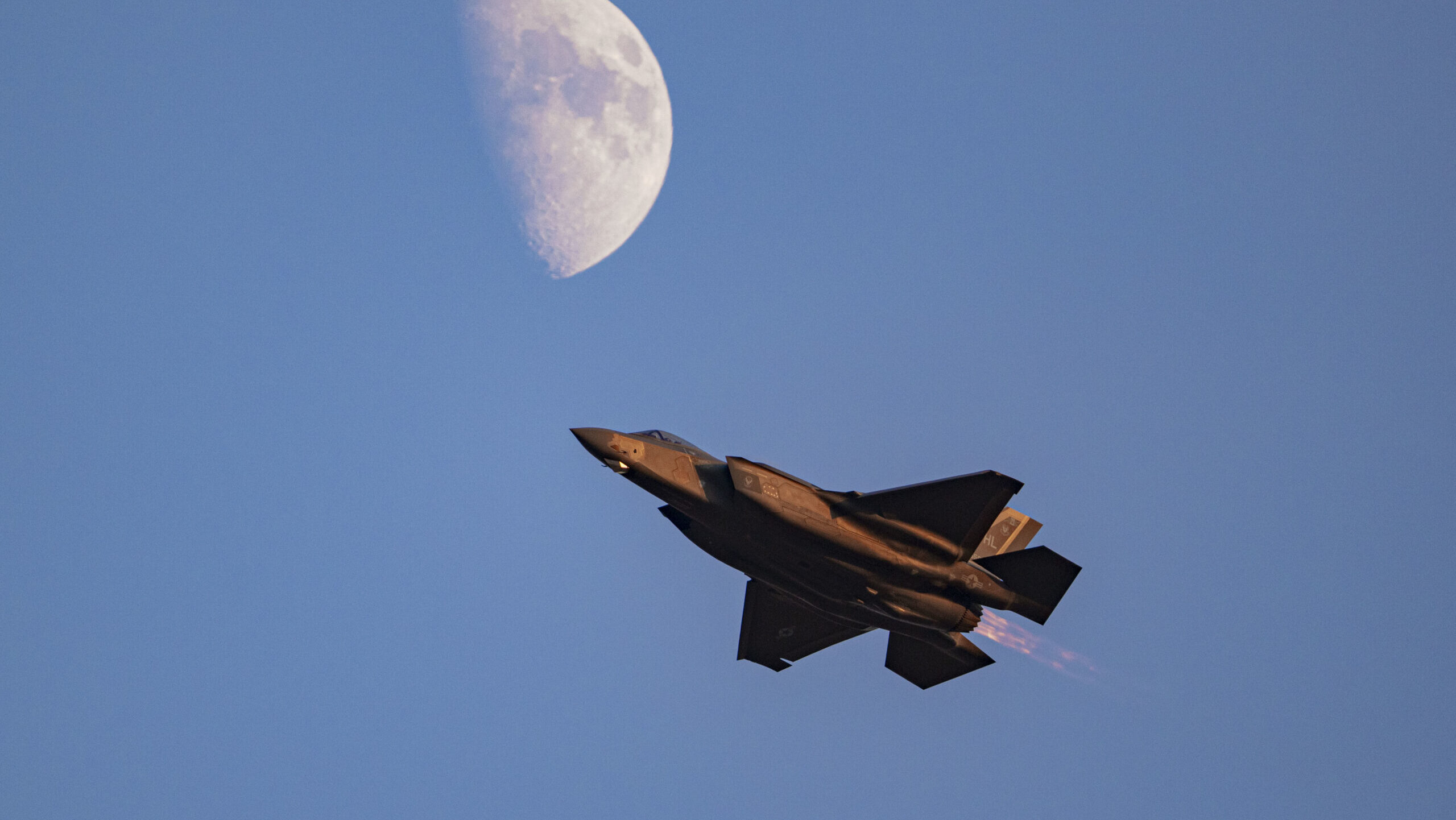Sweden delays 3.5% GDP defense spending target, predicts 2032 deadline out of NATO summit
Swedish Defense Minister Pål Jonson told Breaking Defense that Stockholm hoped NATO would set at 2030 goal, but suggested other countries would push back.


Swedish Arctic Rangers conduct training as part of Exercise Adamant Serpent 25 in Sweden, November 2024. Adamant Serpent is a joint training exercise between the United States and Sweden. (Sgt. Xzavier Marte / U.S. Special Operations Command Europe)
STOCKHOLM — Just days before NATO is set to gather for its high-profile summit at The Hague, Sweden today revealed it would delay its goal of hitting 3.5% GDP defense spending until up to 2032 — the timeline officials said is likely to be agreed upon by all NATO allies next week.
“Sweden supports 3.5 percent of GDP by 2030 and is pushing for it within NATO,” Swedish Defense Minister Pål Jonson told Breaking Defense after the government and opposition in parliament in Stockholm announced the new timeline. “However, we must respect that all countries need to agree for a target to be decided, and as [NATO] Secretary General [Mark] Rutte has said, 2032 may become the relevant date.”
Defense policy spokesperson for the Christian Democrats party Mikael Oscarsson specifically said countries such as Spain, Italy and others “have pushed for 2035,” but Sweden believes 2032 will end up being the compromise deadline agreed to out of the summit.
In recent weeks Rutte, the NATO chief, has floated the idea of a two-tiered defense spending plan: 3.5 percent dedicated to core defense capabilities and another 1.5 percent to be spent on as-yet-undefined security related matters, totaling the 5 percent GDP spending goal for which the US has been calling. The details, including the timeline for such a goal, have yet to be worked out, though Rutte has reportedly suggested 2032.
Sweden’s own 2032 deadline came in a formal agreement today between the government and opposition over the nation’s 2026 defense budget, which includes plans to secure an up to 300 billion crown ($3 billion) loan to fund its defense priorities. The document only says Stockholm will delay its spending goal for “up to” two years, meaning that a previously disclosed 2030 goal has been pushed back to 2032 at the latest.
If NATO agrees on the additional target of 1.5 percent of GDP for broader defense-related investments, Sweden “should also meet this goal,” according to the agreement today. The exact definition of the target “remains unclear,” so it is “not yet certain” whether additional measures will be needed to “achieve it,” the political parties in parliament state in the agreement.
“To speak plainly, it’s about ensuring our children and grandchildren don’t have to learn to speak Russian,” Sweden’s finance minister Elisabeth Svantesson said at the press brief.
Rutte stressed last week that NATO’s air defense needs an increase by 400 percent, emphasizing the critical role of air defense in strengthening deterrence and defense capabilities. Oscarsson said combat readiness is key, but the gaps in NATO’s capabilities can’t be ignored.
“It’s about the lack of air defense, too few ground troops, too little ammunition, and insufficient long-range capabilities. We need to speed up.”
Security services in Sweden and Denmark warn that “we could be at war in two to five years,” Mikael Oscarsson said.
Sweden had Patriot systems delivered in 2021 and 2022, with PAC-2 and PAC-3. The European SAMP/T missile defense was a strong competitor in the $3 billion deal, but Sweden decided to go for US-made Patriot.
“Thank goodness we chose Patriot. The other option was a development project that, to this day, doesn’t have the same capabilities against ballistic missiles. We made the right choice,” Oscarsson said.
Now it’s about finding complements to Patriot. And in that regard, Israel’s air defense could be interesting, according to Oscarsson. Israel air defenses, which are used against attacks from Iran, are in focus.
“It has been shown that Israel has four layers [of air defenses]. It’s very possible that we’ll conclude we need to supplement as well,” he said.
One thing is clear: next week in The Hague, NATO allies will clash over the defense spending target to make a compromise, with an American Trump administration pushing for European capitals to take on more of the defense burden.









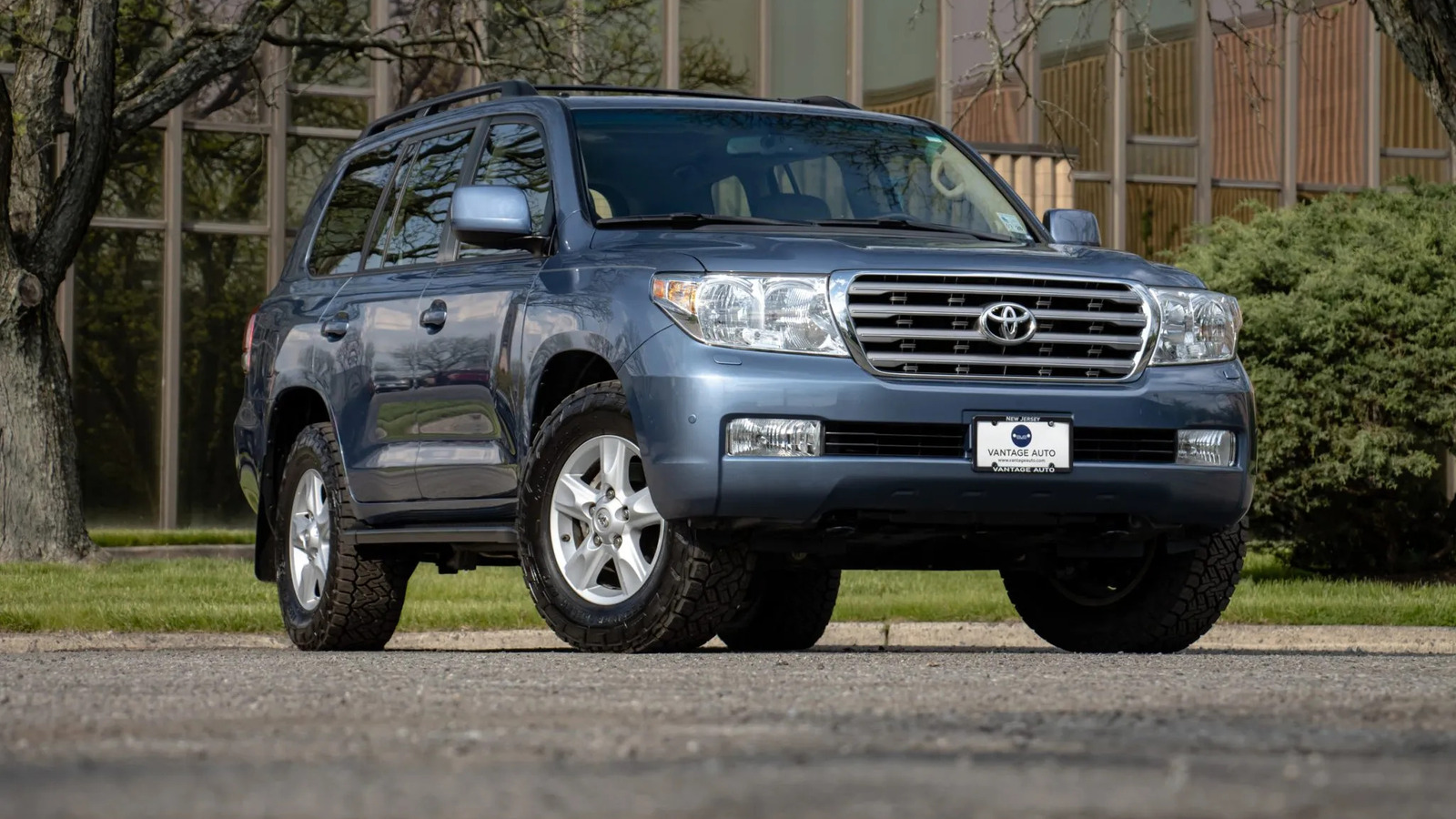
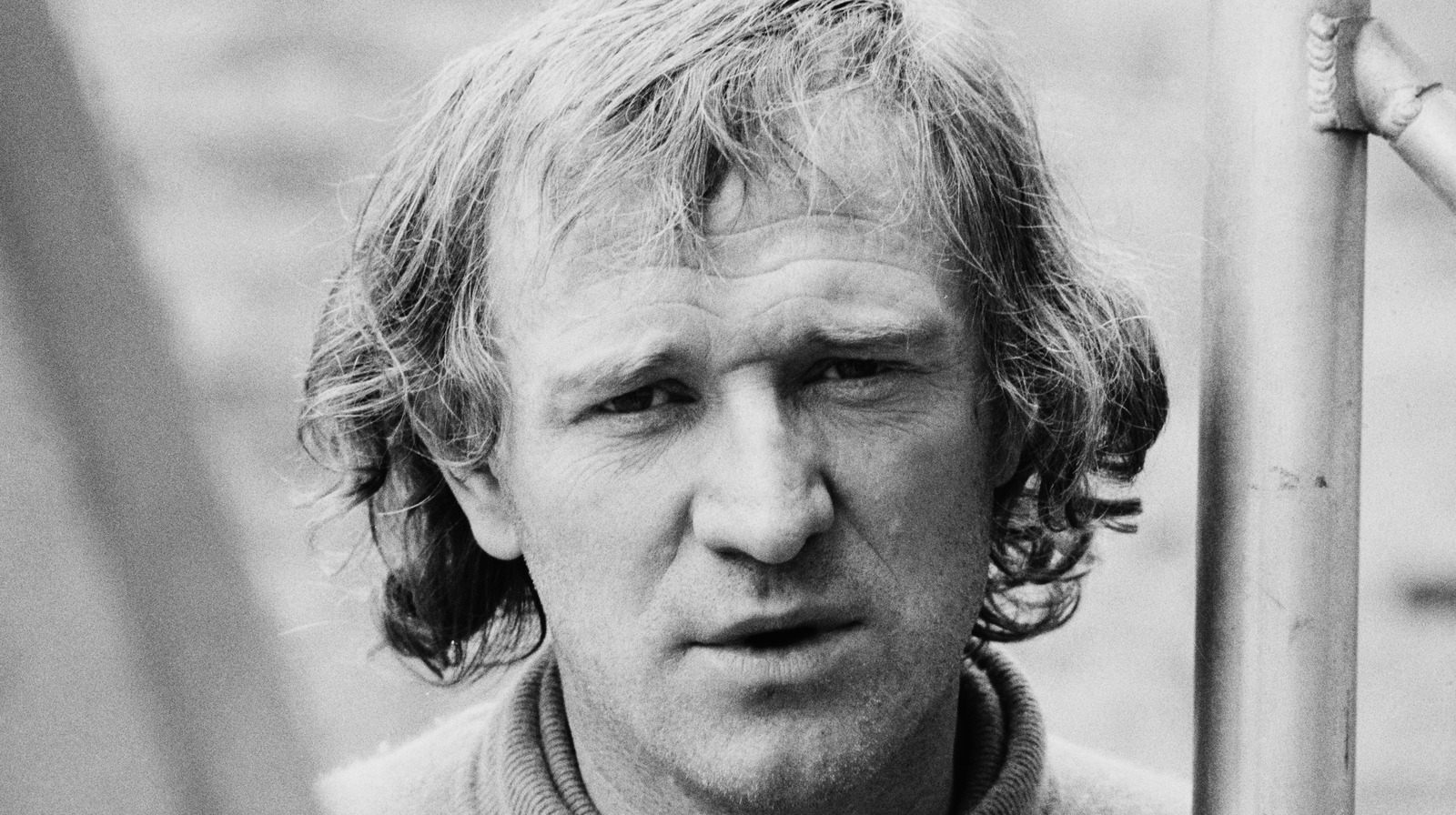






































































![The sights of Paris Air Show, one last time: Day 4 [Photos]](https://breakingdefense.com/wp-content/uploads/sites/3/2025/06/20250617-helenedelacoste-Paris-Air-Show-037-scaled-e1750357690820.jpg?#)

